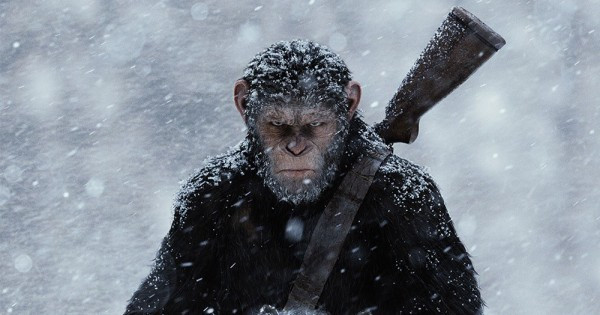
Perhaps the most lauded superhero film ever, Christopher Nolan’s The Dark Knight set what many consider to be an unreachable bar for all that followed. Indeed, many superhero films have tried to recreate its serious and brooding tone, to emulate its narrative and moral complexity, to outshine its captivating performances, in particular Heath Ledger’s now iconic Joker, with varying degrees of success.
Its influence on much of the DCEU is abundantly clear, though many entries into the DC franchise have mistaken serious for humourless and dark for drab. It’s impact on the MCU is less clear, but still identifiable; gone are the shadowy colour palettes of Nolan’s Gotham in favour of brighter, more vivid tones; seriousness makes way for eccentricity and enjoyably ludicrous cosmic battles; but fundamentally solid characterisation remains.
Where The Dark Knight’s influence is harder to discern is in films further removed from the superhero genre. But be they action-thrillers, sci-fi epics, or black comedies, the influence of The Dark Knight is certainly there, in the narratives, the tones, and the performances of these films.
1. Skyfall (Sam Mendes, 2012)
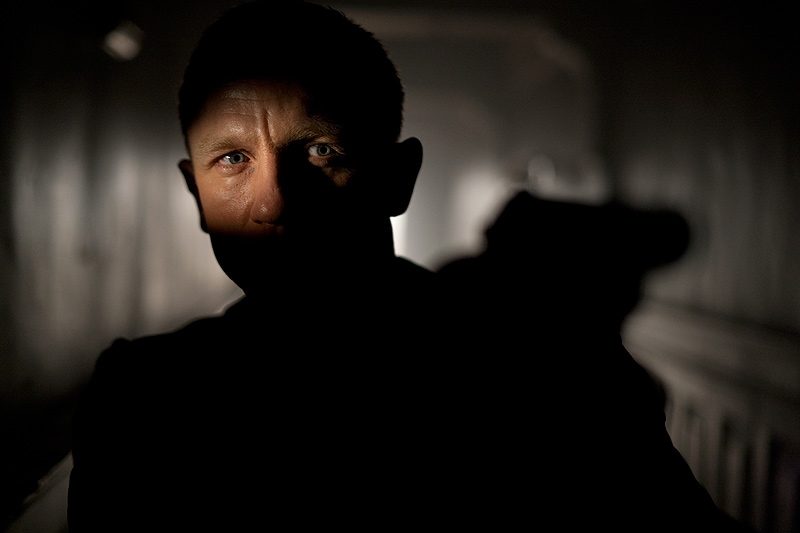
Christopher Nolan loves Bond, and the debt his Batman trilogy owes to Bond is almost as great as the debt The Dark Knight itself owes to Michael Mann’s Heat. It is a sweet irony then that this influence came full circle with Skyfall, the twenty-third entry into the James Bond series.
Many comparisons have been drawn between the tone of both The Dark Knight and Skyfall, made all the more valid by director Sam Mendes’s admission that Nolan’s film gave him ‘the confidence to take [Skyfall] in directions that, without The Dark Knight, might not have been possible…it’s clearly possible to make a dark movie that people want to see.’
But the influence doesn’t simply stop at tone. Like Heath Ledger’s Joker, Javier Bardem’s Raoul Silva is a ‘better class of criminal’, flashing his teeth at cruelty, and ‘savouring all the little emotions’ he draws out of his victims, not least of all Bond, smirking gleefully as he caresses his adversary’s neck and thighs.
Not only does his planned capture and escape from MI6 recall the Joker’s own planned capture and escape from a Gotham City police cell, but in comparing himself and 007 to ‘the last two rats’ at the bottom of a barrel, Silva renders himself the Joker while turning Bond into Batman; they are both two sides of the same coin, completing one another.
2. Star Trek Into Darkness (J.J. Abrams, 2013)
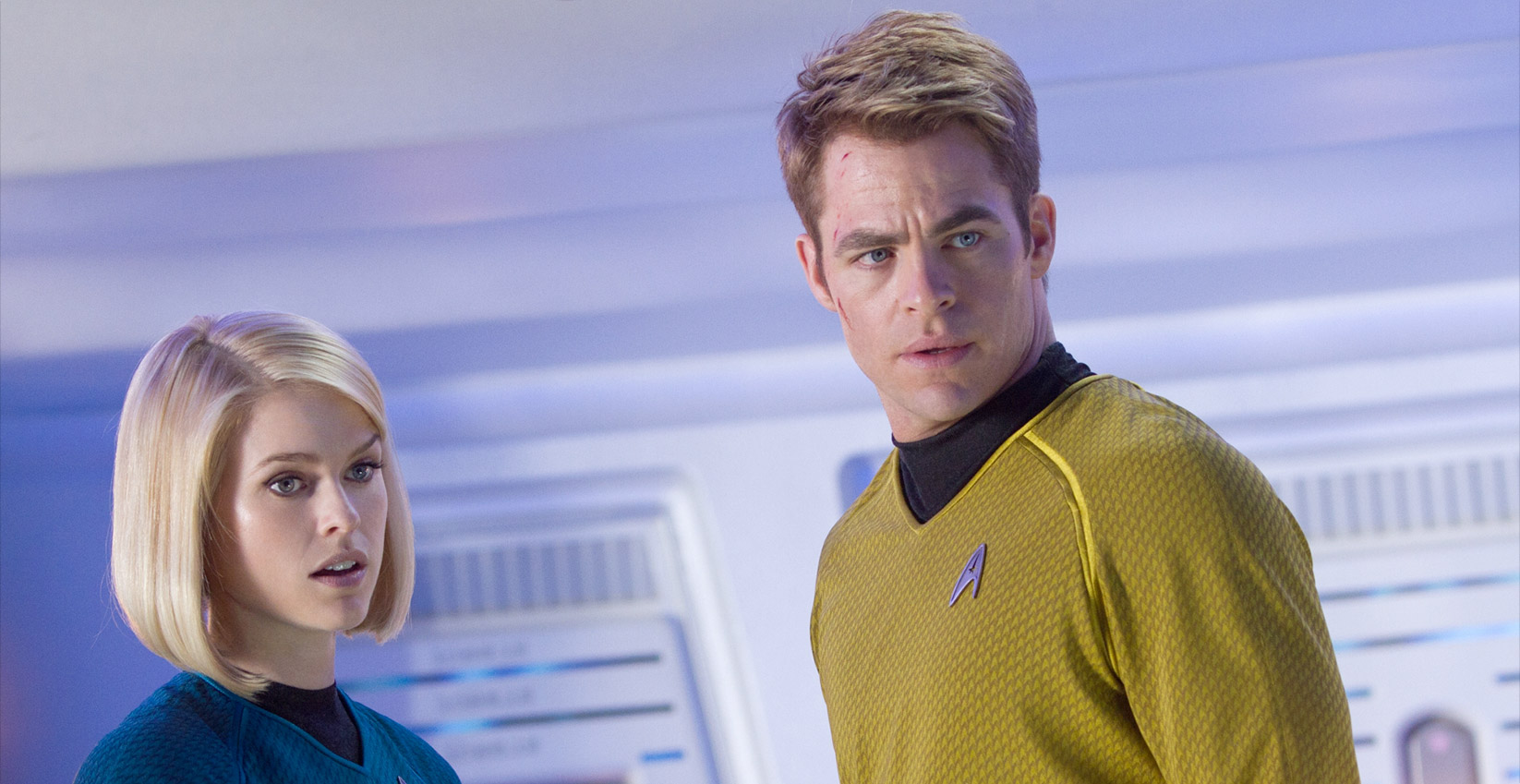
Just as Skyfall’s Silva follows in the footsteps of The Dark Knight’s Joker, so too is Star Trek Into Darkness’s Khan, played by Benedict Cumberbatch, one in a long line of cinematic bad-guys who cannot help but evoke Heath Ledger’s ‘agent of chaos’.
Both the Joker and Khan are nihilists, intent on destroying the establishment, that being Gotham’s justice system and Starfleet respectively. Much of Khan’s dialogue is Jokeresque: his anarchic ‘you think your world is safe?’ speech echoes the Joker’s diatribe against ‘the established order’, with both characters returning to their world’s forefront to ‘have [their] vengeance.’
As with many franchise entries on this list, the minds behind Star Trek Into Darkness regard Nolan’s Batman trilogy as their exemplar, and so influences within the individual films themselves are unsurprising.
3. Birdman (Alejandro Iñárritu, 2014)
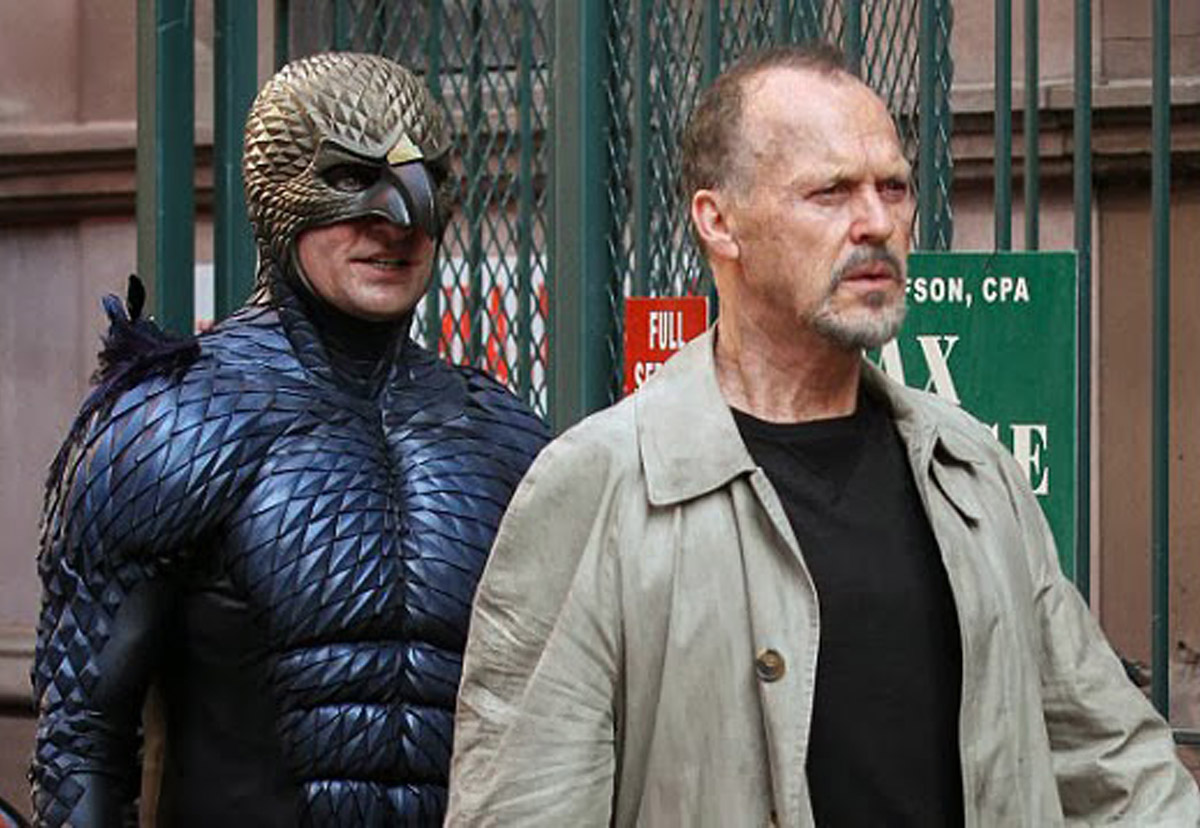
Birdman is something of an anomaly on this list. It is not so much influenced by The Dark Knight as it is a direct response to it and other superhero films. Alejandro Iñárritu himself has a negative outlook on superhero films, calling them ‘basic and simple’, ‘very right-wing’, and comparing them to ‘cultural genocide’, so it comes no surprise that his Academy Award-winning comedy-drama satirises superhero films, amongst its explorations of fame, sanity, and theatre.
‘People, they love blood. They love action. Not this talky, depressing, philosophical bullshit,’ claims Riggan Thomson, a washed-up actor famous for having played a superhero, ironically evoking the acting career of lead-man Michael Keaton. Iron Man, the X-Men, Superman, and more are all directly referenced (‘they put him in a cape too?’ Riggan laments, upon learning that Jeremy Renner is one of the Avengers), but it is The Dark Knight which directly influences Riggan’s character.
When playing Riggan’s Birdman alter-ego, Keaton channels his inner Christian Bale, speaking with the same deep, gravelly voice as The Dark Knight’s Batman. While Bale spoke with a similar gruffness in Batman Begins, it was in The Dark Knight, in which Bale’s voice has been tweaked and adjusted to a sometimes-maligned extent in post-production, that the voice came into its own and became ripe for parody and satire.
4. War for the Planet of the Apes (Matt Reeves, 2017)
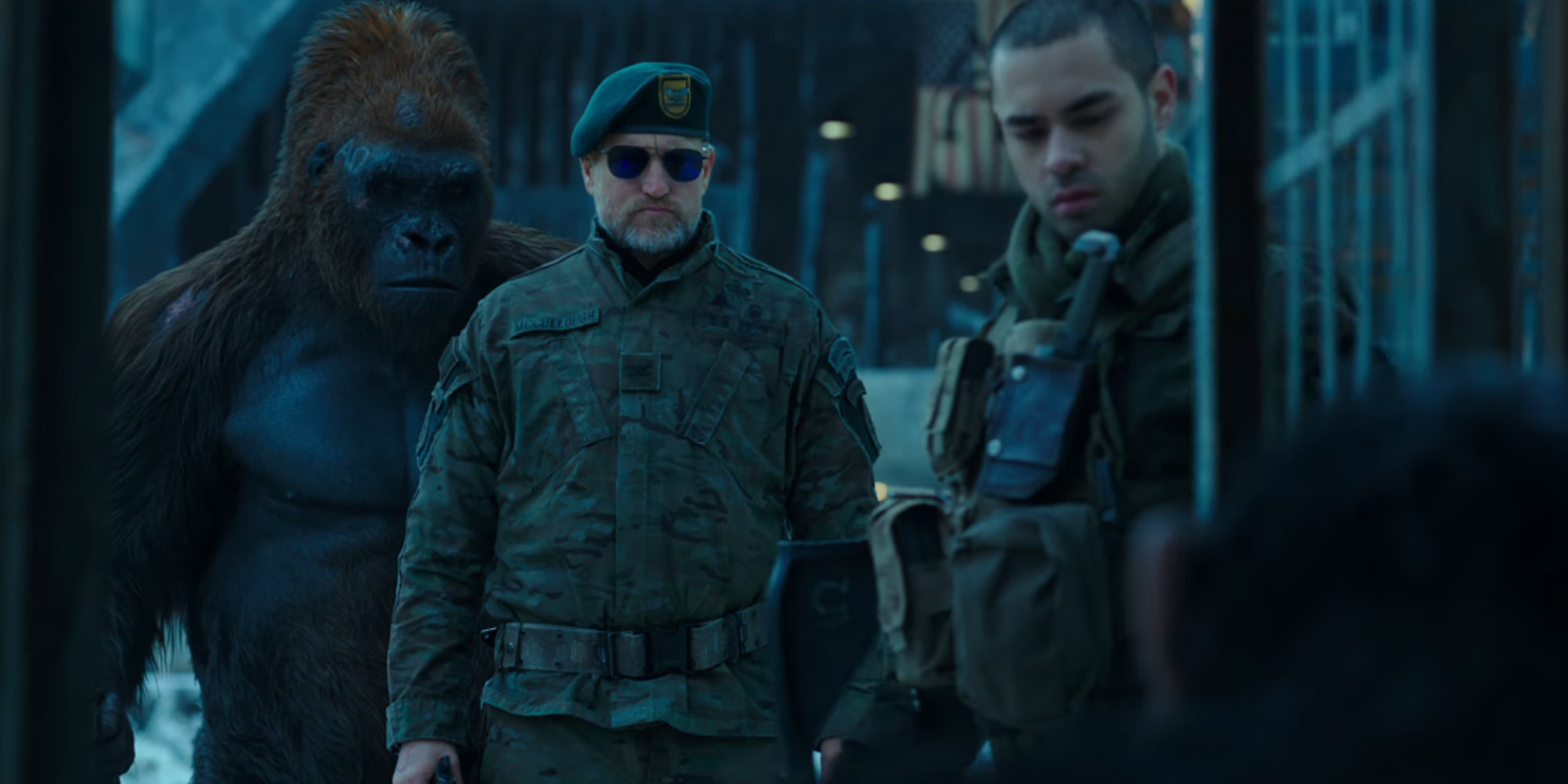
Like Mendes’s Skyfall, the Planet of the Apes trilogy was very much inspired by Nolan’s Batman films. Dylan Clark, producer of all three Apes films, has discussed (in similar terms to Mendes) how The Dark Knight gave the filmmakers the conviction to take Apes in directions not seen before.
And like Mendes’s Skyfall, the influence of The Dark Knight on War for the Planet of the Apes specifically goes much deeper than tone. Caesar, played exquisitely by Andy Serkis, is somewhat of an amalgamation of Christian Bale’s Batman and Aaron Eckhart’s Harvey Dent.
Like Dent, Caesar succumbs to his anger and intends to exact revenge on those who have killed his loved ones, abandoning a heroic cause in the process. Like Batman however, upon besting his nemesis, Caesar resists ending the Colonel’s life, choosing instead to allowing him to take his own life, just as Batman allows the Joker to be apprehended by Gotham’s police.
5. Blade Runner 2049 (Denis Villeneuve, 2017)
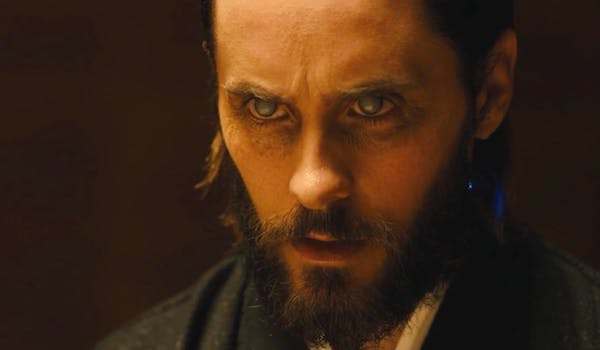
Denis Villeneuve and Christopher Nolan are two behemoths of modern filmmaking, especially within the sci-fi genre, and the former has proclaimed a strong admiration and respect for the latter.
In choosing his best films of the 21st century for the New York Times, Villeneuve bemoaned not being able to find a space for Inception in his top 10, a film that he evidently loves; the scene in which 2049’s Officer K meets and speaks with Dr. Ana Stelline, as she creates replicant memories, oozes with Inception, with Cobb and Ariadne discussing how to design and create dream layer mazes in a similar fashion.
As for Batman, Villeneuve’s updated version of the original Blade Runner spinner vehicle instantly calls to mind the Tumbler of Nolan’s The Dark Knight and, like Mendes and Clark with Skyfall and War for the Planet of the Apes respectively, the success of The Dark Knight despite its darker tone surely gave Villeneuve the confidence to take on a much bleaker project than that of his previous sci-fi outing Arrival.
Interestingly, Nolan himself was at one point rumoured to be helming the Blade Runner sequel. One can only imagine what Nolan’s Blade Runner would have been like, but envisioning the world of The Dark Knight is a good start.
Author Bio: Charlie Jones is a poet, playwright, and screenwriter from Merseyside, UK. He was a finalist in the Creative England shortFLIX Programme 2017 and is currently part of the Everyman & Playhouse Playwrights’ Programme 2017/18. His screenplay ‘Freedom Ain’t Free’ was the Grand Prize Winner in the Finish Line Scripts Competition 2016.